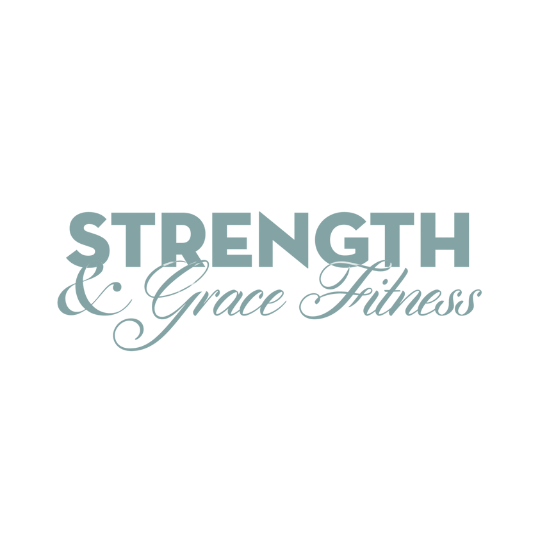If you’ve recently read any blog or magazine article about someone getting ready for a competition, bodybuilding or bikini, you’ve probably heard about fasted cardio. If you’ve read articles about intermittent fasting or the keto diet, you’ve also heard about fasted cardio.
So, what really is fasted cardio and is it good or bad for you?
The practice of exercising in a “fasted state” has been promoted as a way to burn more calories from fat than from carbohydrates, making it an effective way to boost the fat-burning effects of exercise. Fasted cardio, or fasted exercise, is any form of exercise done upon first waking up in the morning before you have had any calories. Calories here is the big key. Your black coffee or un-sweetened teas won’t affect your fast – but the coffee with cream or sugar will! There is still debate out there as to whether BCAA’s affect your fast or not. In the CrossFit community many athletes will train fasted and drink BCAA’s with the hope of preventing muscle sparing. However, there are many studies that show that anything with any kind of calories be in carbohydrates, protein or fat will bring your body out of its fasted state.
Proposed benefits:
- After the fast, sleeping, your glycogen stores are depleted and the belief is that the body is forced to burn fat as energy. This effect is particularly pronounced when you are on a low carbohydrate diet (think competing) or doing an intermittent fasting diet (keto for example which would be almost zero carbs).
- Exercising in the morning may make you feel energized and increase your alertness, helping to improve your focus and productivity.
- Some studies show that fasted cardio can improve insulin sensitivity without changing our hormonal balance.
- Some individuals prefer to exercise without food in their system. If your meal is too heavy prior to a workout, your body will be focused on digesting your food, instead of the workout which could lead to nausea.
Not scientific benefits but good things to consider:
- If you train first thing in the morning, your workout will be done, and eliminate the possibility of something else coming up and preventing you from working out.
- Some say early morning fasted cardio wakes them up, makes them feel energized and releases mood enhancing endorphins.
Proposed side effects:
- Cortisol levels are believed to be highest in the morning. For some, exercising when cortisol levels are higher could lead to more storage of fat not being used as fuel, to be stored as abdominal fat. This is why studies show that fasted cardio works best with those consuming low carbohydrate diets, so the body is using fat as fuel and not storing it in the blood stream.
- Some people find that exercising on an empty stomach makes them feel nauseous.
- If you didn’t eat enough yesterday, you may feel nauseous working out fasted the next day.
- Fasted cardio is done first thing in the morning, which usually means setting your alarm 30-60 minutes earlier than you normally get up.
- Some individuals will lose muscle instead of fat when doing fasted cardio. One way to check this is with regular body composition scans. If your goal is to lose fat and you keep losing muscle, then fasted cardio might not be the right choice for you.
- If the goal is weight loss by metabolizing as much fat as possible, it is more important to consider energy expenditure over a 24-hour period and not just at one point during the day.
Our thoughts…
We recommend fasted cardio for these reasons:
- If it makes you feel better.
- If it’s the only time you can actually get cardio in.
- If you feel nauseous doing cardio with food in your stomach.
- If you have a short-term goal of a fitness competition AND your diet is low in carbohydrates and higher in fat and protein.
We don’t recommend fasted cardio for these reasons:
- You are sacrificing too much sleep to do it.
- You are losing too much muscle due to an imbalance in your diet, or you could do your cardio at another time.
- It makes you sleepy at work or school or overly irritable.
- You are trying to gain muscle.
It really is a choice you need to make for yourself personally. As for me…when I compete I do it, when I have a very busy day and it’s the only time I can get it in, I do it. But for most of our clients we recommend doing cardio post lifting. Want to know why…well, for that you will have to keep coming back for more blog posts.
